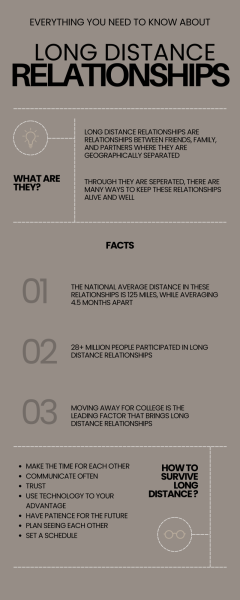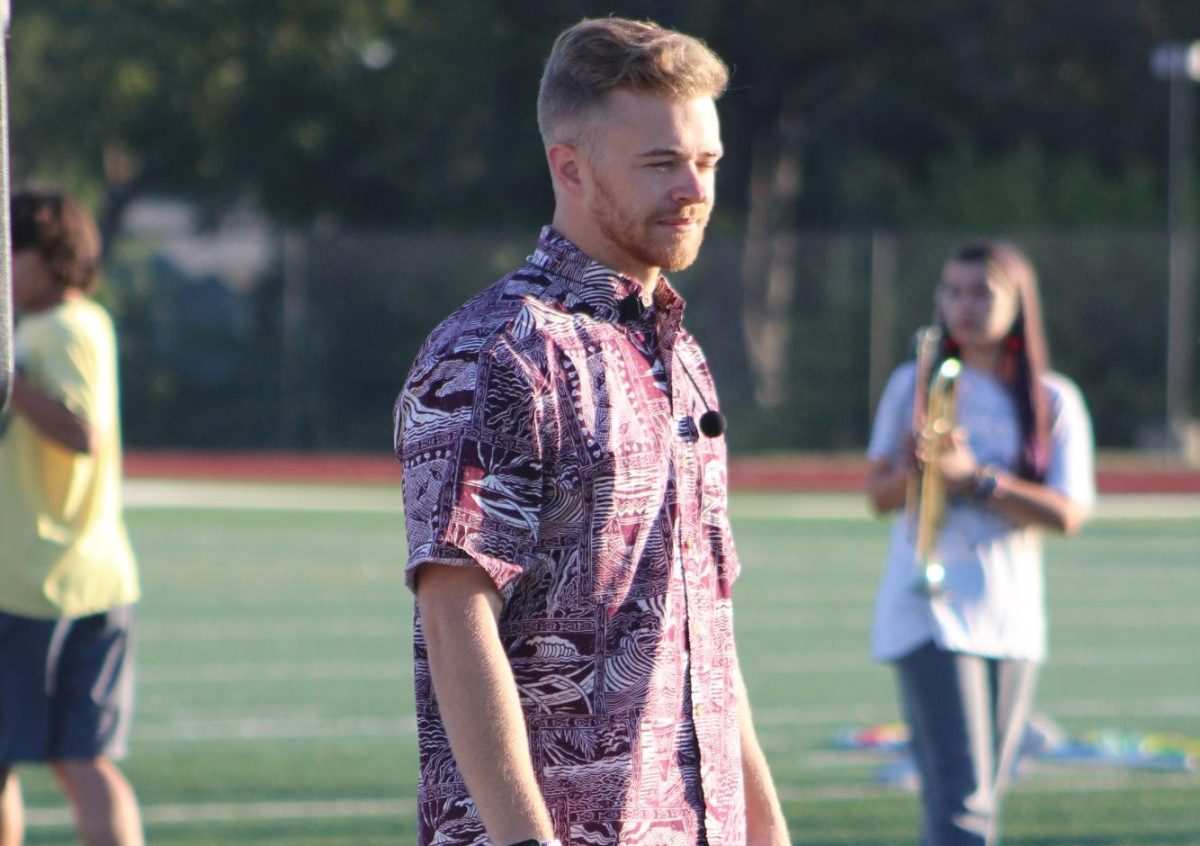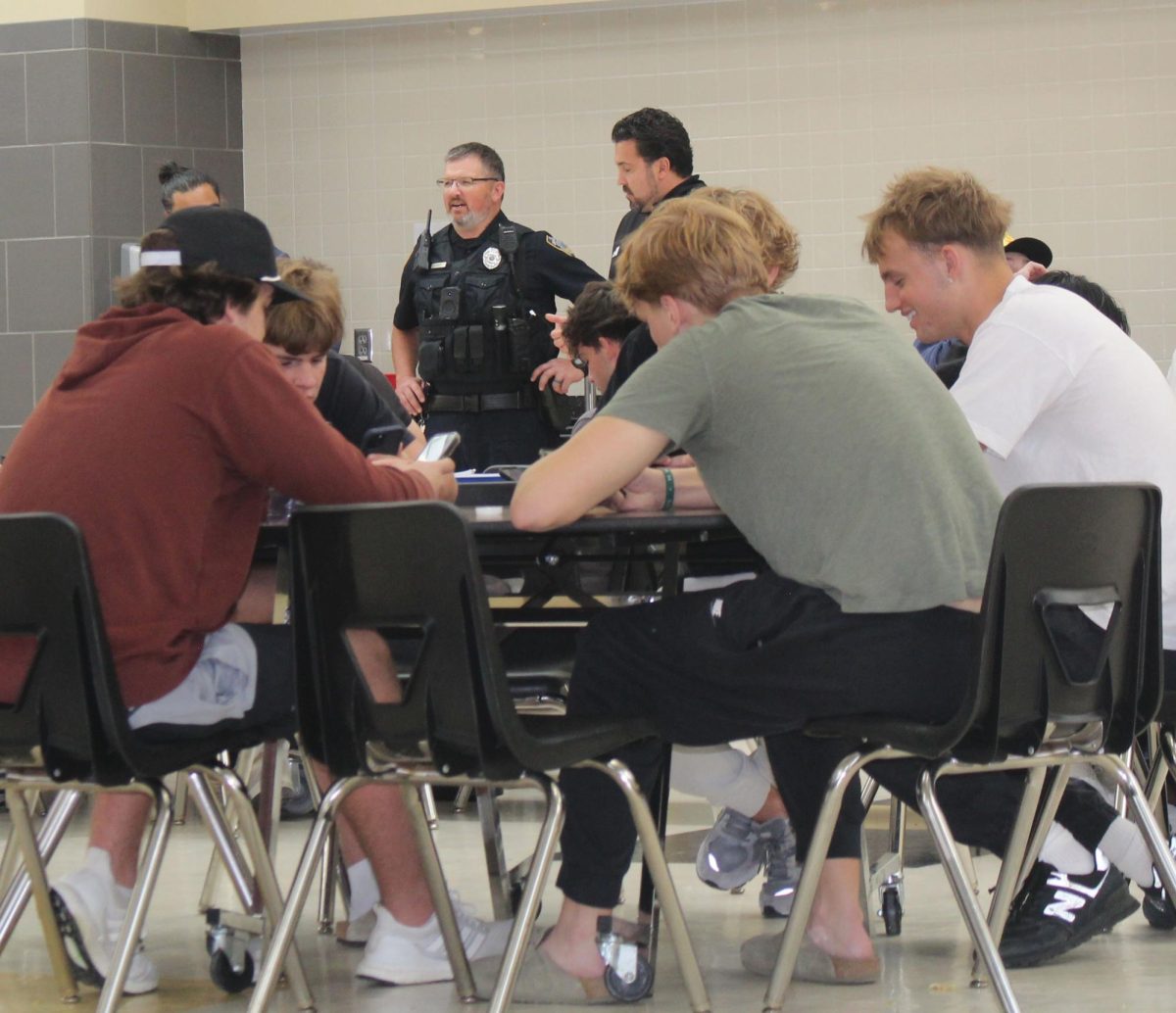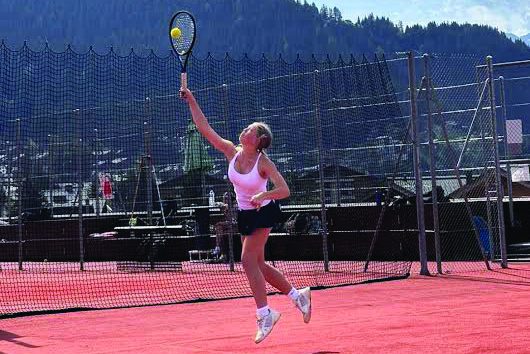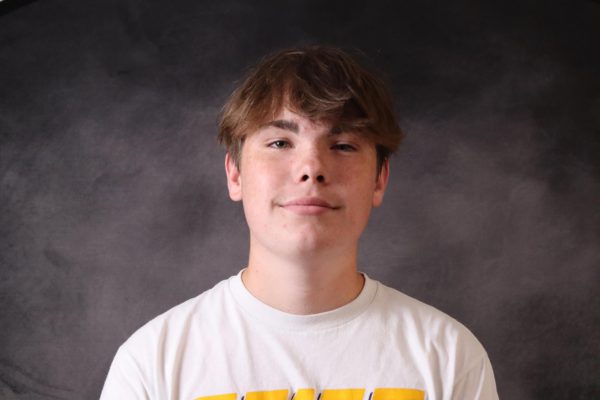Imagine the person in your life who means the most to you. They are there for you when you need comforting, and they are there for you when you want to have fun. Generally, they are always there for you when you need them. In this situation, you explain to them that you are sad and you need a shoulder to cry on, with them responding how they would. Whether that be they come downstairs to comfort you, or they bring you your favorite candy with a hand-written note, they often end up making the situation better. Now imagine that same situation, however, this person is ten thousand miles away, seven hours apart with no way of sitting in the same room as you in a singular day. This circumstance is a reality for people all around the world, making it difficult for them to keep their significant others, friends, or family members as close as they’d like them to be, in a type of relationship referred to as “long distance.”
A long distance relationship is a term used to describe a connection between two people who aren’t physically close. Whether they are a day trip away or they span the seven seas, it is difficult for these two people to deepen their relationship, devolving it towards a weaker and sluggish bond which will soon become tested in various ways. Due to the distance, the two people will have to act increasingly harder to keep their connection alive, trying their best each and every day to keep this person as present in their life as they once were. Or else it all might fade away, leaving them with only the memory of what once was. Three Southeast students share their own experiences of dealing with distance in relationships, and how it affects their relationships and their life in general.
Ellaina Manning
Southeast junior Ellaina Manning has a wide amount of experience living with a long distance relationship, as her and her father have been apart since she was three-years-old. Despite the extended time away, Manning says she’s “extremely close with him,” even describing him as the most influential person to her. “I’m extremely close with him. But our relationship has definitely varied throughout the years,” Manning said.
Manning’s father permanently lives in South Carolina, but for work he travels to Kansas City every other weekend, making it possible for Manning to visit him in person often. While together, they both enjoy playing tennis with each other, as her dad can’t make it to her actual meets. “When I’m there, we just play tennis, we work on the game,” Manning said. “That’s how we’ve connected.”
Due to the distance, Manning’s father isn’t able to help directly on school projects or homework. Despite this, with the use of technology and everything being shared over the internet, Manning’s father tries his best to help her in her schooling. “He’ll read my essays…and he likes to critique them,” Manning said. “Which is his personality, but he’s a dad, so what can you expect.”
Maintaining a strong relationship can have its challenges, but Manning believes just holding each other accountable can be that glue which keeps two people together. Manning and her father do this through the use of daily phone calls and in which he gives constant advice and support. “He either calls me or I call him, typically really early in the morning or at night,” Manning said. “And if you get into a routine of calling each other every single day, you’re more likely to stay connected and relevant in each other’s lives.”
Charlie Mach
When it comes to friendships, senior Charlie Mach has gained and lost a few, but one of his most memorable being with current Grand Canyon University sophomore, Corbin Bonneau. Mach and Bonneau were inseparable while at both LSE during Mach’s sophomore year, and Bonneau’s senior year, with Mach describing Bonneau as a “big brother.” But because Bonneau had to move away for college, their relationship began to dwindle.
Mach and Bonneau first became friends because of their mutual friends and they both participated in LSE Boy’s Soccer. But as the distance in their relationship grew, it became increasingly difficult to see each other. “[I] don’t see him that much because he’s busy with his college,” Mach said. “We can’t just hang out after school or something like that.”
Mach still attempts to connect with Bonneau regularly, and even invited him to his graduation party. But as the distance prevails, it becomes increasingly more difficult for them to find a time to hang out. “I’ll see if he’s in town during breaks or summer,” Mach said, while also checking up on him regularly to start a conversation or see how Bonneau’s well-being is.
Despite all these hardships, Mach keeps an open-mind for his situation. “I’m happy for him, that he’s doing well in school and getting a good degree,” Mach said. “I’m excited for his accomplishments, but bummed out that I can’t see him that much.”
Keeping this open-mind is Mach’s advice for anyone who is moving away from their friends, as you can’t let the past keep you from moving forward in life. “Don’t let them leaving hold you back from seeking out new relationships or not being your fullest self. You’re going to meet new people and it’s going to be fine,” Mach said.
Maizie Stricker
As LSE senior Maizie Stricker graduates and moves away to college, swimming for Chapman University in California won’t be her only priority. Stricker and her boyfriend Will Botelho, who have been dating for seven months, have two different paths lined up after high school. Botelho will be attending Louisiana State University next fall, making it a long plane ride between the two. But Stricker is optimistic for their future, knowing it will be hard but also being happy that it is happening. “It’ll be hard, but also it’ll make the time when we’re together so much better,” Stricker said.
As they plan for their long distance relationship, Stricker has started to use the internet as a source of inspiration for keeping her positive mindset. “I’ve been seeing so many TikToks, so I’ve been saving them on tips and stuff,” Stricker said. “I like this one where you FaceTime and eat together… making a designated time where we can eat and talk to each other will be important.”
Just like Mach, Stricker believes celebrating the opportunities that they’ve both received makes it better, knowing that someone who they have a close relationship with is moving far away. “When you see someone every day, I think you kind of get used to that,” Stricker said. But then when it’s more special, [you realize] ‘I really appreciate that person.’”
Stricker and Botelho will still be seeing each other as often as possible, with one or the other visiting the other’s college every once in a while and both of them meeting back in Lincoln during holidays and breaks. But the time away from each other is a blessing in disguise for Stricker. “I think we’ll get almost closer,” Stricker said. “We’ll really appreciate our time together.”
